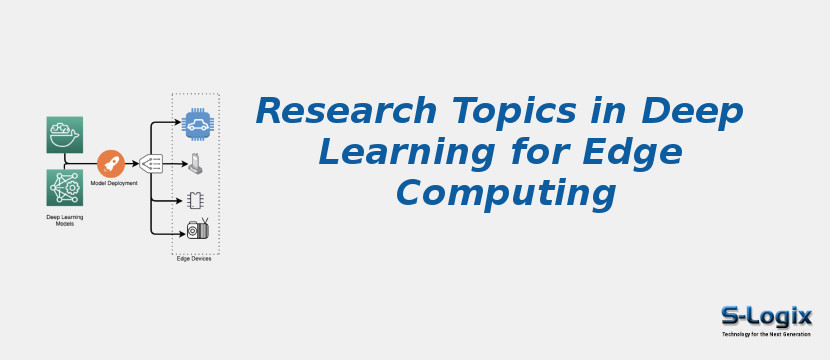Research on Deep Learning for Edge Computing focuses on deploying and optimizing deep neural network models at edge devices to enable real-time, intelligent, and low-latency data processing close to data sources. This area addresses challenges such as limited computational and memory resources, energy constraints, dynamic workloads, and heterogeneous edge environments. Key research directions include designing lightweight and compressed deep learning architectures (e.g., model pruning, quantization, knowledge distillation), edge–cloud collaborative inference frameworks, and adaptive task offloading for deep learning workloads. Other emerging topics involve real-time analytics for IoT, mobile, and vehicular applications, anomaly detection and predictive maintenance, reinforcement learning for resource management, and context-aware decision-making at the edge. Additionally, research on privacy-preserving deep learning, federated and distributed deep learning models, and multi-objective optimization for accuracy, latency, and energy efficiency represents significant avenues for advancing intelligent, efficient, and autonomous edge computing systems.
